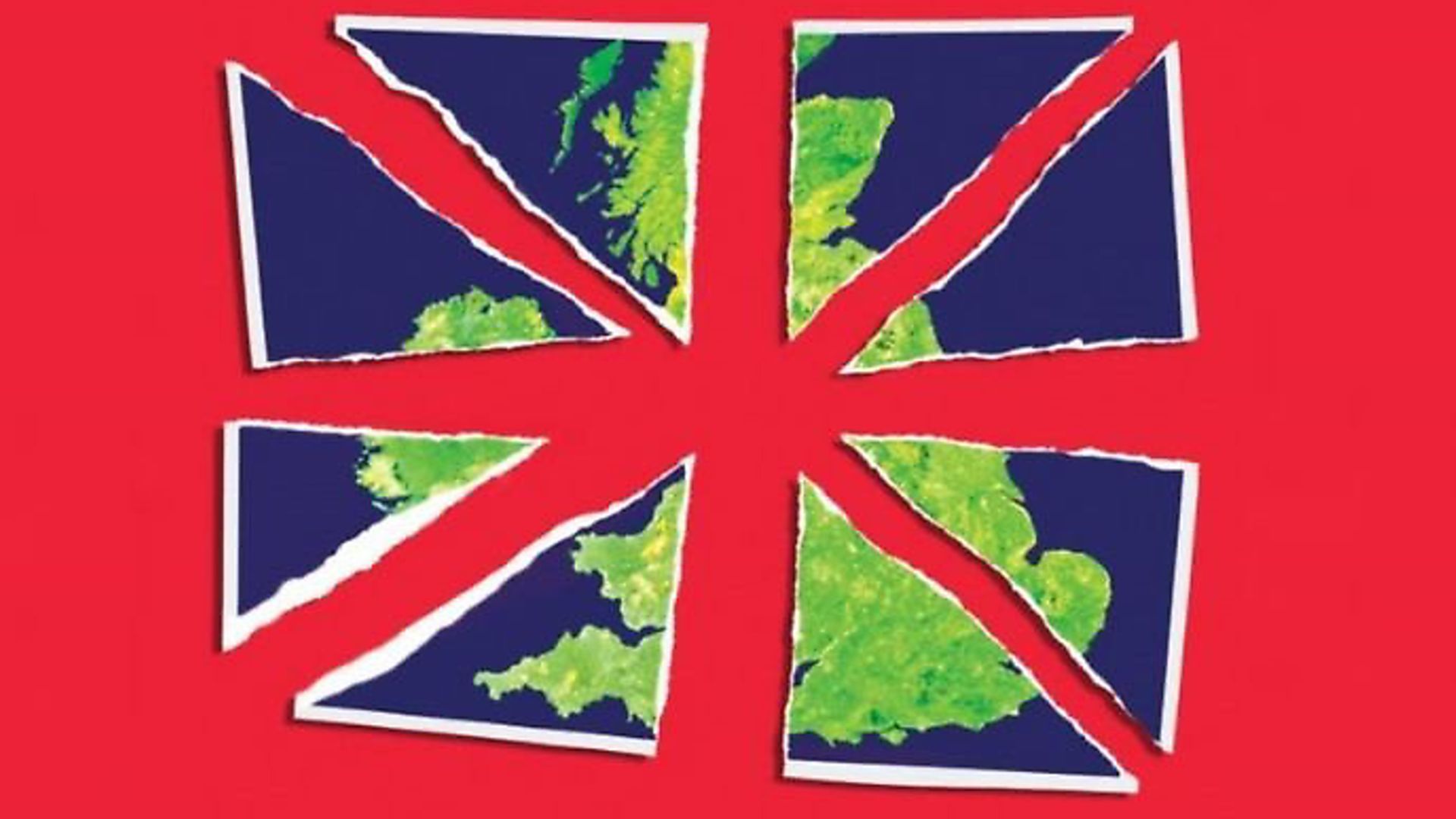
Readers suggest their ideas for how to keep the United Kingdom together after Brexit hits.
Would allowing Britons to keep EU citizenship (Letters, TNE #182-183) help prevent the break-up of the United Kingdom by reducing support among Scottish voters for independence by preserving their freedom to travel, live and work within the EU?
Many UK nationals of Scottish descent would no doubt, in the absence of ‘associate citizenship’, welcome an independent Scotland if it enabled them to obtain a Scottish passport and, with it, EU citizenship on rejoining.
After all, there’s been a continuing rise in annual ‘first-time’ applications from UK nationals for Irish passports since the Brexit referendum – up from 46,229 in 2015 to nearly 100,000 in 2019.
Roger Hinds, Surrey
Have your say
Send your letters for publication to The New European by emailing letters@theneweuropean.co.uk and pick up an edition each Thursday for more comment and analysis. Find your nearest stockist here or subscribe to a print or digital edition for just £13. You can also join our readers' Facebook group to keep the discussion and debate going with thousands of fellow pro-Europeans.
As soon as I saw the “Torn Apart” image of a ripped-up UK on the cover of TNE #183 I thought “federalism”. This is possibly the only way to prevent the break-up of the United Kingdom and at the same time stop the SNP.
An English parliament goes without saying. An elected upper House of representatives from the three other countries would be essential to strengthen and heal the situation we are now in.
This could sit in York, being perhaps Boris Johnson’s only good idea,
Margot Kerr, Inverness
Sinn Fein president Mary Lou McDonald’s demand that the EU “take a stand in respect of Ireland in the same way that it supported the reunification of Germany” is unlikely to “frustrate Ireland’s EU partners” as Mary C Murphy suggests. This is because the European Council has already agreed to give Ireland such support.
In its response to Theresa May’s invoking of Article 50 in 2017, the European Council explicitly recognised that in the event of Irish unity through the Good Friday Agreement, Northern
Ireland would be automatically included in the EU as East Germany was at the time of German reunification when Ireland held the presidency of the EU council.
So voters in Northern Ireland know that if they vote for a reunited Ireland in a future referendum they will have an automatic guaranteed re-entry into the EU.
“No ifs, no buts” as the present tenant of 10 Downing Street might put it.
Ed Kelly, t Helens
Warning: Illegal string offset 'link_id' in /mnt/storage/stage/www/wp-includes/bookmark.php on line 357
Notice: Trying to get property 'link_id' of non-object in /mnt/storage/stage/www/wp-includes/bookmark.php on line 37






